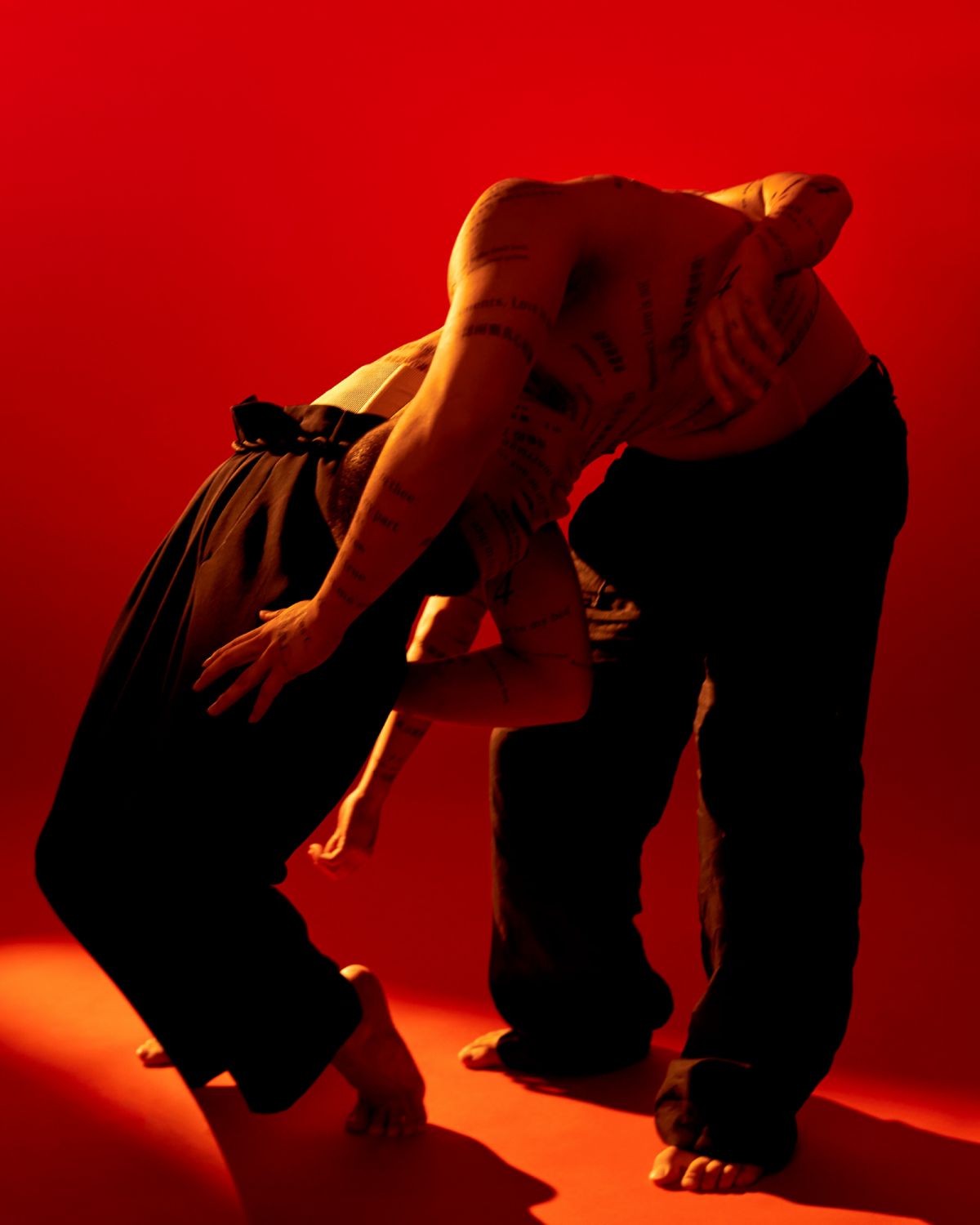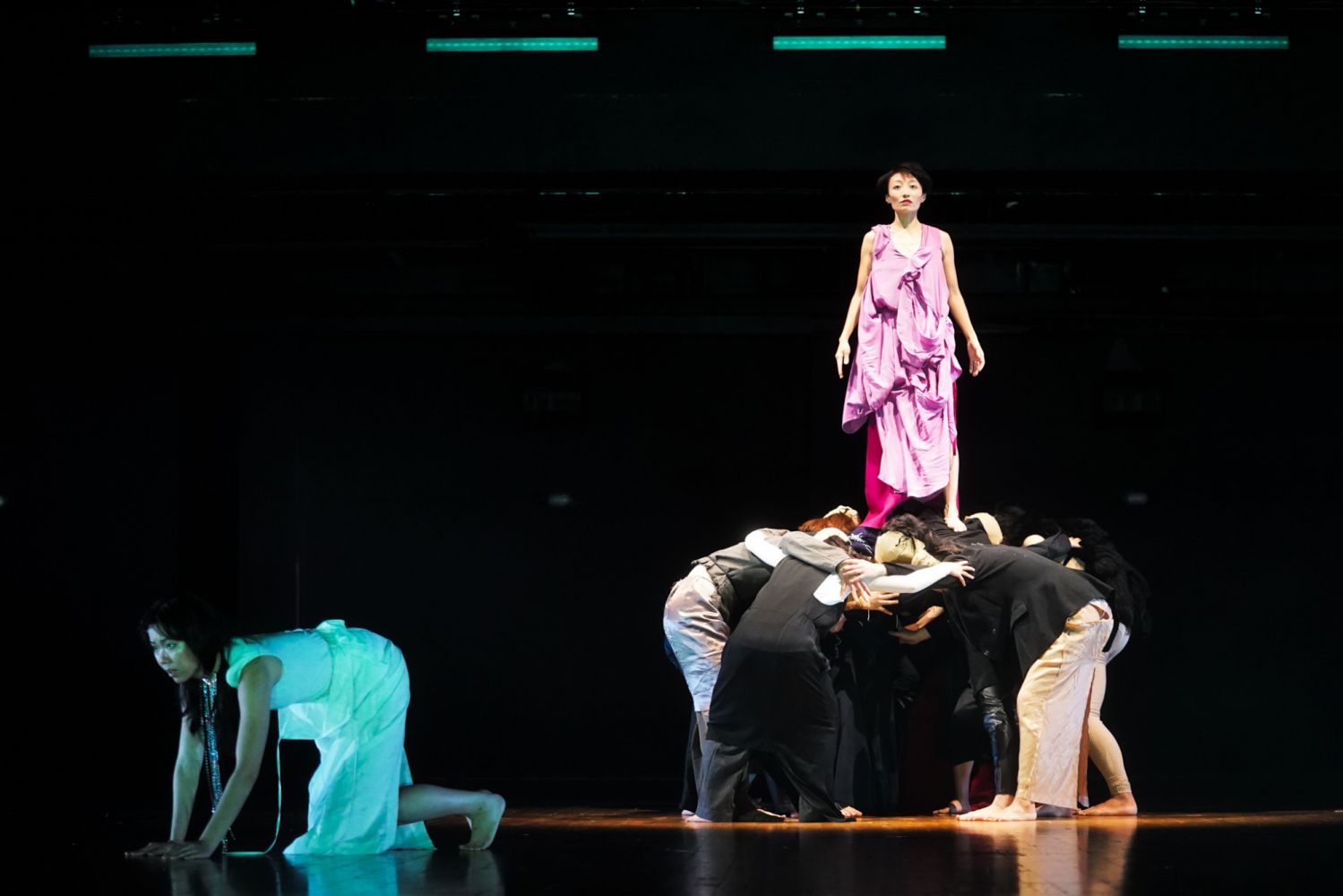From meditating to going to the gym, Ata Wong follows a strict routine to keep fit for his job directing one of the few physical theatres in Hong Kong, Théâtre de la Feuille.
Ata Wong is the founder and artistic director of Théâtre de la Feuille, one of the rare performing arts companies in Hong Kong to specialise in physical theatre. Wong is one of a handful of graduates of Chinese descent to have completed the Laboratory of Movement Study programme at Parisian theatre school l’École Jacques Lecoq, which focuses on using the actor’s body as a form of narration. “I find physical theatre to be a very powerful storytelling tool,” Wong says, adding: “it is rare in the performing arts scene in Hong Kong. With Théâtre de la Feuille, I hope to introduce physical theatre to a wider local audience.”
Don't miss: How A Principal Dancer Spends Her Day: From Breakfast Siu Mai To Studio Stretching Exercises

In his December production which was part of the Jockey Club New Arts Power last year, he reinterpreted Shakespeare’s love sonnets—a genre few dare to present in the form of a stage production—by adding music and body movements to the words. Through body movements, which he deems a universal language, Wong explored different kinds of love and passion in #1314, an apt title as the number sounds similar to “for eternity” in Chinese.
Wong shares a typical day in his life and tells Tatler how running his physical theatre is closer to keeping a wellness routine than one would imagine.
In case you missed it: Hong Kong Ballet's Artistic Director Septime Webre On Reimagining Shakespeare's Romeo & Juliet






